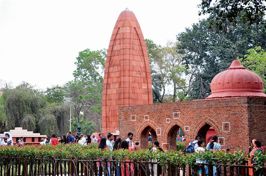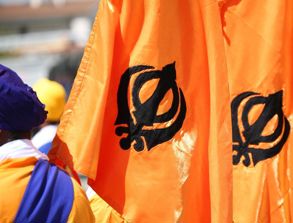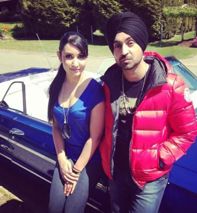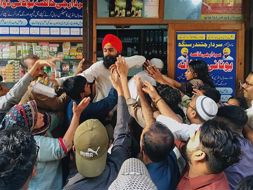Film: Bulbbul
Director: Anvita Dutt
Cast: Paoli Dam, Tripti Dimri, Rahul Bose, Parambrata Chattopadhyay, Avinash Tiwary
Nonika Singh
From a goodhearted ghost in Phillauri to horrific Pari to an intriguing witch, Bulbbul is Anushka Sharma’s third horror outing as a producer. But more than horror, it is the touch of intrigue that keeps us invested in Bulbbul’s tale.
Set in late 19th century India, recreating the Bengali aristocracy, it gets the fragrance and flavour of the era gone by just right.
The film begins with a girl child’s marriage ceremony and focuses upon two children in the same age group. But before you presume, it’s a story of child marriage gone wrong. Much more that was (perhaps still is) wrong with our male-dominated society surfaces. The film reunites Laila Majnu couple Tripti Dimri and Avinash Tiwary we so enjoyed watching on screen in Saajid Ali’s film. Only in Anvita Dutt’s directorial debut, they are no lovelorn lovers, but connected with a family bond, companionship and age.
They retain the same sparkle and chemistry, even if the relationship on the surface level is more platonic than romantic. Avinash Tiwary as Satya has the guileless charm of a man who doesn’t quite know he is as smitten as he has enraptured someone. Tripti Dmiri as Bulbbul looks lovely and transitions from a young girl to this confident woman in control, with an easy flourish. Rahul Bose gets to play a dual role, one more repugnant than the other. Only a consummate actor like Bose can play out the hidden inflections and bare the patriarchy’s ugly face so well. Be it as the thoda pagal brother or the patriarch of the house, seized as much by jealousy as arrogance, his is a part that evokes disgust and repulsion. Yet, by no stretch of imagination can he be dismissed as a cardboard cut-out dipped in shades of black alone. Paoli Dam as Binodini, the wife of one and mistress of another, adds to the mystique of the haveli.
The thread of the narrative is obvious. The secrets hidden in the labyrinth of haveli and the village where men die mysteriously, presumably at the hands of a chudail with ulte pair is not hard to guess. Yet, like its lead character the film continues to tease, tantalise and fascinate. Like the doctor (Parambrata Chattopadhyay), you are a willing captive of the goings on, even ready to submit to suspension of disbelief, which is what horror genre anyway demands. The horror part, in fact, plays out only on the margin and but for a few shivers down the spine, it won’t keep you sleepless in the night.
What would, however, keep you awake is the smile playing on Bulbbul’s lips, her playfulness, her tear-filled eyes and her searing pain. Satya’s gentleness too would tug at your heartstrings. However, what would really set you thinking are the metaphors. The constant allegory of feet runs almost like a motif. From the very onset we are reminded what bichua - the ornament worn by women on feet- symbolises. Women’s feet hemmed by jewellery or by men’s cruel acts connote so much more. In the inverse feet of a daayan too rests a parable that goes beyond the obvious.
Of course, much, especially the witch as the avenger of women’s honour, is simplistic too. But since the atmospherics are captured beautifully and hauntingly by the cinematographer Siddharth Diwan in hues of vermilion (right from the alta dipped feet to landscapes) and the performances are so natural, you grudge little.
With a run time of one hour and 34 minutes, Bulbbul is both a lilting song and an astutely told tale. Transcending the regular staple of fables, it’s a retelling that is as telling as shrouded, as poetic as powerful, as revealing as shocking. Either way, it can’t be dismissed as just another horror film or from your mind easily. Immerse yourself in this fable of yore that could be as relevant in modern day gender equations.













